Why Mental Wellness Matters in the Black & Brown Community
Tragedy has a way of shaking us awake and forcing us to confront the issues we too often push into the shadows. Over the past few weeks, our community has mourned the devastating loss of Dutchess Dior (Zaria Khadejah Carr) and The Frenchman (Shamarcus Jameal Carr). Their story played out in real time on social media, highlighting not only the heartbreaking reality of intimate partner violence, but also the critical—and often overlooked—importance of mental health.
Mental Health Is Real
For too long, mental wellness has been taboo in Black and Brown communities. We’re taught to “pray it away,” keep family business private, or simply “be strong.” Stigma, lack of resources, and cultural misconceptions leave far too many suffering in silence. Our pain is real, yet our voices remain unheard.
These silences are deadly. When we ignore mental health struggles, we allow wounds to fester. We pass along trauma, internalize pain, and sometimes see it explode in ways we never imagined. The recent tragedy in Georgia is not just a headline—it’s a call for all of us to treat mental wellness as seriously as physical health.
Social Media Is NOT a Substitute for Help
Before her death, Zaria made a desperate plea for help on Facebook. The couple had shared aspects of their troubles live online. Social media can be a place for support, but it is not a substitute for qualified help. Often, these pleas are misunderstood, ignored, or—in the worst cases—used to further shame those suffering.
As a community, we must realize that asking for help is not a weakness—it’s a brave step toward healing.
What We Can Do:
Talk About Mental Health Openly: Break the silence. Share your story, listen to others, and challenge the narrative that mental health is taboo.
Seek Help—Individually and as Couples: Therapy is a powerful tool—whether you’re dealing with depression, anxiety, family conflict, or relationship issues. If you or someone you love is in emotional pain, seeking professional support should be as normalized as seeing a doctor for a physical illness.
Support Each Other Without Judgement: If a friend or family member reaches out, listen with compassion. Avoid clichés like “You’ll be fine” or “Just be strong.” Encourage them to get help and remind them that they are not alone.
Educate Yourself and Others: Learn about mental health symptoms, crisis resources, and treatment options. Share this knowledge. Information can empower someone to find the right support at the right time.
Advocate for Accessible Mental Health Services: Many Black and Brown communities face barriers to quality mental health care. Demand more resources, culturally competent providers, and programs that understand the unique pressures our communities face.
Rest in Peace, Dutchess Dior & Frenchmann
The loss of Zaria and Shamarcus is unspeakably tragic. Instead of letting this story end in silence, let’s turn our grief into urgent action. We owe it to their memories—and to ourselves—to prioritize mental wellness, shatter the stigma, and build a community where seeking help is always safe and supported.
If you or someone you know needs help:
National Suicide Prevention Lifeline: 988
Crisis Text Line: Text HOME to 741741
Find a culturally competent therapist: Therapy for Black Girls, Therapy for Black Men, Latinx Therapy
You are not alone. Your mental health matters. Let’s keep the conversation going—and let’s keep fighting for healing, together.

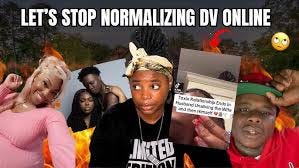


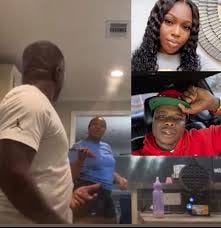
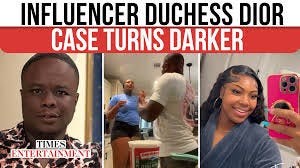











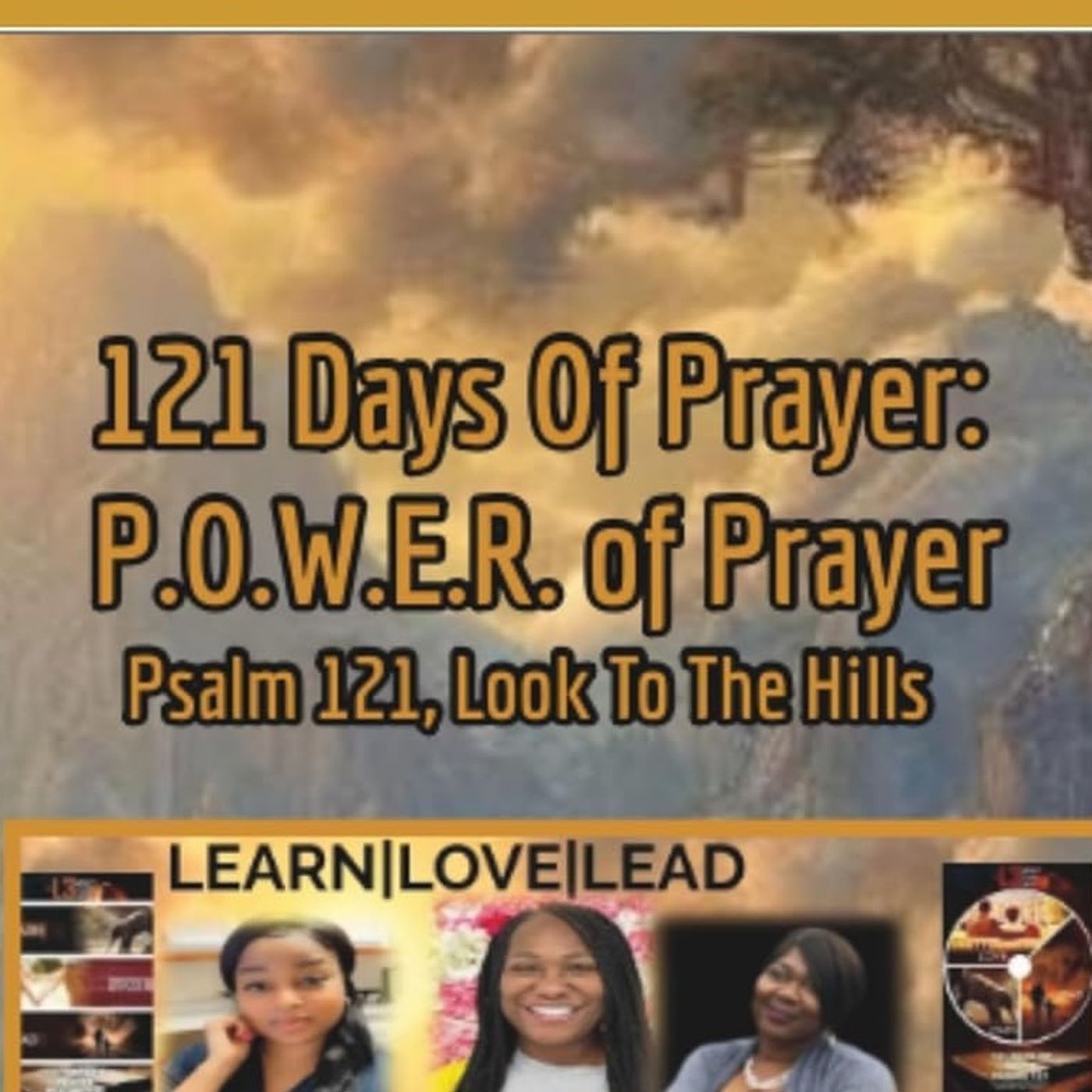
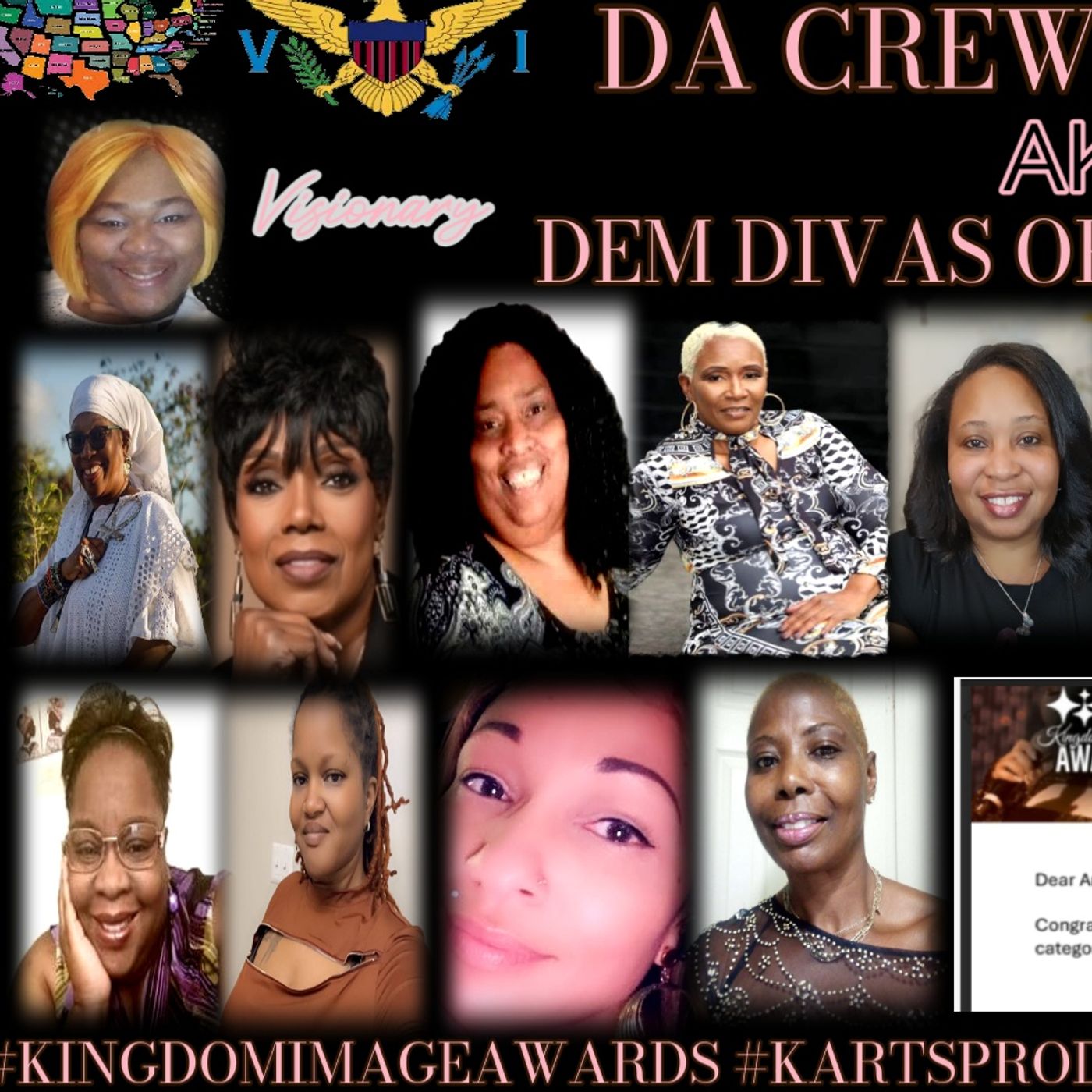


Share this post